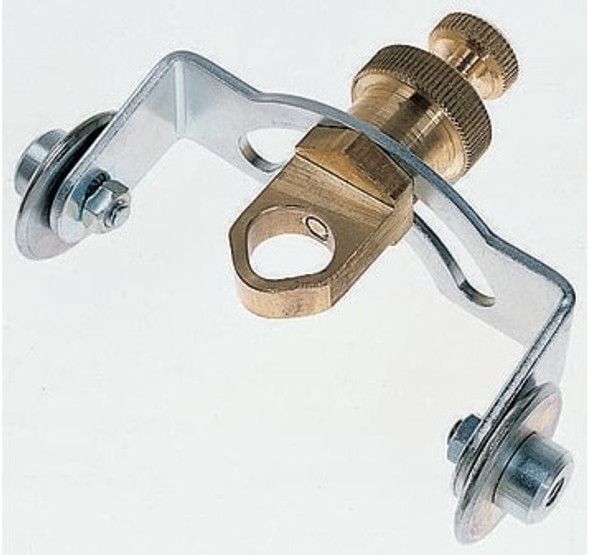Welding and Cutting Guides
Welding is a fundamental skill needed for many modifications and repairs. Once a person can cut metal and join parts by welding, an entire universe of possibilities is open for you. That is why at Tikweld, we supply the best product that helps you meet and even exceed expectations.
Welding guides:
- Electrode holders should be in good shape and rated for the maximum capacity of equipment used.
- All cables and connectors should be in good repair, tightly attached, fully insulated, and rated for the maximum capacity of the work.
- When a single work lead services more than one unit, its safe current carrying capacity should equal or exceed the total specified maximum output capacities of all the units which it services.
- Pipelines containing gases or flammable liquids, or conduits containing electrical circuits, should not be used as a ground.
- When electrode holders are to be left unattended, the electrode should be removed and the holders placed or protected so that they cannot make electrical contact with personnel or conducting objects.
- Always put stub ends in proper containers, not on the floor.
- Do not weld while standing in water, or if clothing and gloves are wet to avoid electric shock.
- Inspect equipment for loose connections or bare or damaged wires. Do not use faulty equipment.
- Have workers turn off the welding machine at the end of the shift or when they will not be using it for an extended period.
- Be sure to have full knowledge of the location and use of all fire extinguishing equipment in the area.
- When welding on decks, walls, or overhead, be sure to take the necessary precautions to prevent fire or heat damage in adjacent rooms.
- Do not weld or use arc gouging equipment when the smell of propane, acetylene, or any other fuel or gas is present. Determine the cause of the leak and get it corrected.
- Do not perform any “hot work” (electric or gas welding, cutting, and brazing or similar flame-producing operations and grinding) in, or on, a tank or container unless it is properly vented.
- Acetone and alcohol are commonly used for cleaning parts to be welded. Be sure to keep these containers and rags a safe distance from “hot work.”
We have support in all towns and cities throughout Nigeria, Lagos, Port Harcourt, Warri, Calabar, Abuja, Kano, and Ibadan just to name a few.
Please contact us for Product availability in your region




